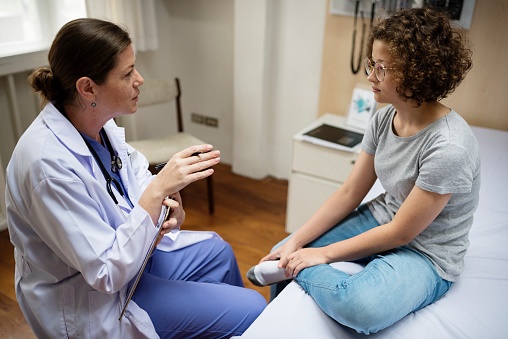
Lisocabtagene maraleucel is an investigational anti-CD19 chimeric antigen receptor (CAR) T-cell therapy. In the ongoing, open-label, phase I TRANSCEND study, patients with relapsed/refractory diffuse large B-cell lymphoma (DLBCL) achieved high best overall response rates after treatment with lisocabtagene maraleucel. They also had low rates of severe cytokine release syndrome and neurological events—common adverse events associated with CAR T-cell therapy.
In a recent study presented at the 2019 ASCO Annual Meeting, researchers examined the impact of symptoms and health-related quality of life in these patients receiving lisocabtagene maraleucel and found that it resulted in “clinically meaningful improvements two to three months after infusion.”
Eligible adult patients had relapsed/refractory DLBCL and received two or more prior lines of therapy. Patients received lymphodepletion followed by a single infusion of lisocabtagene maraleucel.
Patients completed the European Organization for Research and Treatment of Cancer Quality of Life Questionnaire-C30 at baseline and at one, two, and three months post-infusion. Researchers analyzed symptom and functional scales and gIobal health status. An increase of ≥10 points from baseline in functional and quality of life scores or a decrease of ≥10 points from baseline in symptom scores were considered clinically meaningful improvement.
At data cutoff, 87 of 127 patients (mean age = 62 years) were evaluable. Symptom scores generally improved post-infusion (see TABLE). Mean global health status and emotional and cognitive function scores improved from baseline, while physical, role, and social function scores declined at month one but improved in months two and three. The proportion of surviving patients achieving clinically meaningful improvement in four prespecified key domains three months post-infusion were fatigue (50%), pain (51%), physical function (22%), and global health status (41%).
Reference
Patrick DL, Chung KC, Kim Y, et al. TRANSCEND NHL 001: Health-related quality of life (HRQL) and symptom (Sx) impact in patients (pts) with relapsed/refractory diffuse large B-cell lymphoma (R/R DLBCL) receiving lisocabtagene maraleucel (Liso-cel; JCAR017). Abstract #e19052. Presented at the 2019 ASCO Annual Meeting, Chicago, IL, May 31-June 4, 2019.
| European Organization for Research and Treatment of Cancer Quality of Life Questionnaire-C30 scores | ||||
| Mean | Baseline
(n=87/87) |
Month 1
(n=73/86) |
Month 2
(n=62/82) |
Month 3
(n=51/70) |
| Global health status* | 65 (SD=20) | 67 (SD=23) | 76 (SD=19) | 74 (SD=19) |
| Physical* | 80 (SD=17) | 73 (SD=26) | 81 (SD=21) | 80 (SD=20) |
| Role | 70 (SD=28) | 67 (SD=31) | 80 (SD=28) | 75 (SD=28) |
| Emotional | 82 (SD=17) | 83 (SD=19) | 88 (SD=15) | 86 (SD=16) |
| Cognitive | 84 (SD=17) | 87 (SD=19) | 91 (SD=16) | 88 (SD=18) |
| Social | 71 (SD=24) | 68 (SD=29) | 77 (SD=27) | 80 (SD=25) |
| Fatigue* | 37 (SD=22) | 38 (SD=27) | 27 (SD=22) | 28 (SD=25) |
| Pain* | 26 (SD=26) | 20 (SD=26) | 17 (SD=22) | 19 (SD=23) |
| *Prespecified key domains SD = standard deviation) |
||||

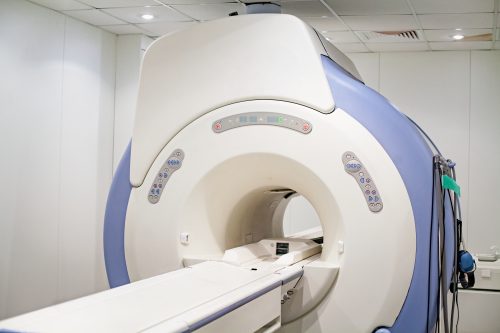
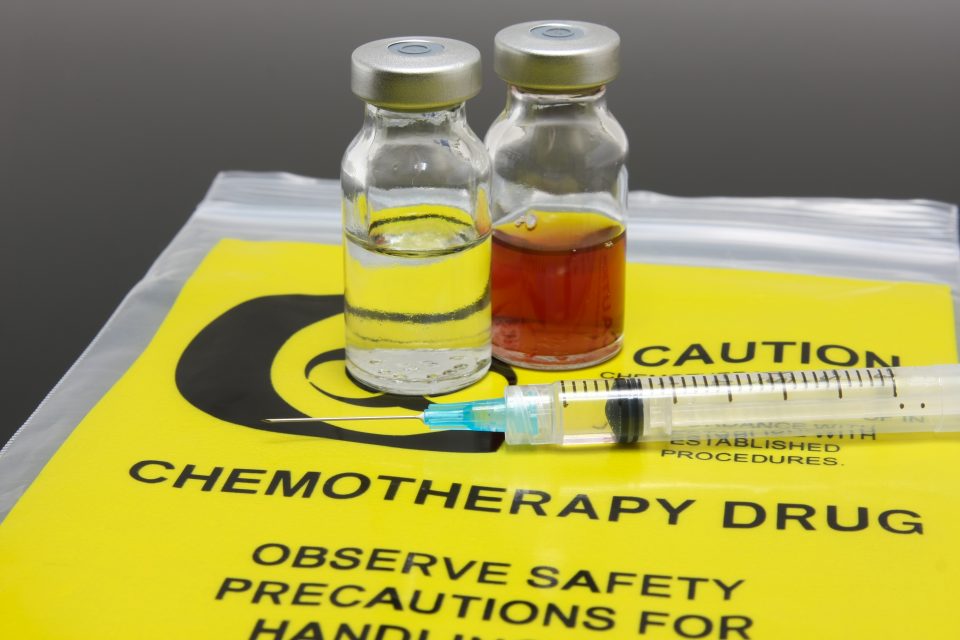
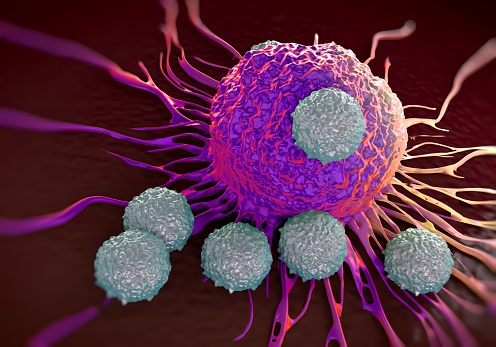
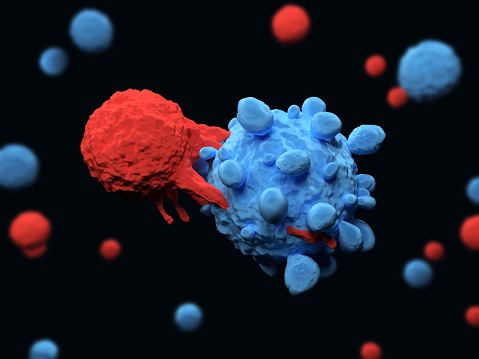


 © 2025 Mashup Media, LLC, a Formedics Property. All Rights Reserved.
© 2025 Mashup Media, LLC, a Formedics Property. All Rights Reserved.